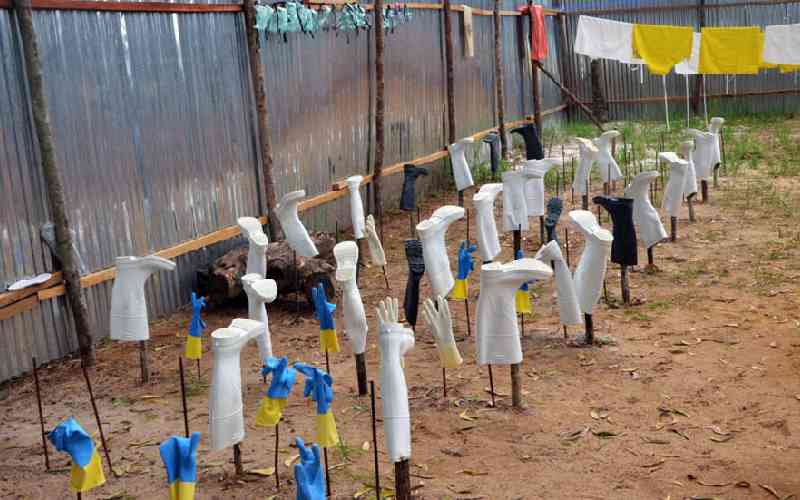
NAIROBI, KENYA: A colleague called me late at night to ask what to do since he attended to a patient who walked into his office with Ebola-like symptoms having arrived recently from Liberia. He had taken samples to Kenya Medical Research Institute (KEMRI) for testing and was expecting results the following day. He needed to know whether to go home to his family or 'quarantine' himself until after the results. He was very stressed. I advised him to go home, but to use a separate room, which was still not ideal.
Occupational stress has been a long-standing concern of the healthcare industry. Studies indicate that these workers have higher rates of substance abuse and suicide than other professions and elevated rates of depression and anxiety. In addition to psychological distress, other outcomes of job stress include burnout, absenteeism, intent to leave, reduced patient satisfaction, and diagnosis and treatment errors.
What causes occupational stress?
The National Institute for Occupational Safety and Health in the US defines occupational stress as "the harmful physical and emotional responses that occur when the requirements of the job do not match the capabilities, resources, or needs of the worker". Some common causes of stress include: Exposure to infectious and hazardous substances; long hours; excessive workload; dealing with death and dying; interpersonal conflicts with other staff; patient expectations and threat of malpractice litigation.
The quality of patient care provided by a hospital may also affect healthcare workers' stress levels. Beliefs about whether the institution provides high quality care or not may add to job pressure and workload because higher quality care may be reflected in greater support and availability of resources.
The 2003 outbreak of severe acute respiratory syndrome (SARS) in Hong Kong, Singapore, and Toronto, Canada had a psychological impact and increased stress in the healthcare profession. In Toronto, 43 per cent of the infected cases were healthcare workers; three of them died. The SARS outbreak substantially changed working conditions and the perception of personal danger. The current Ebola outbreak has caused far worse stress even in areas where it has not been reported.
Many health workers in Kenya, and I suspect globally are currently stressed by the prospect that there might be an Ebola outbreak in their region.
 The Standard Group Plc is a
multi-media organization with investments in media platforms spanning newspaper
print operations, television, radio broadcasting, digital and online services. The
Standard Group is recognized as a leading multi-media house in Kenya with a key
influence in matters of national and international interest.
The Standard Group Plc is a
multi-media organization with investments in media platforms spanning newspaper
print operations, television, radio broadcasting, digital and online services. The
Standard Group is recognized as a leading multi-media house in Kenya with a key
influence in matters of national and international interest.
 The Standard Group Plc is a
multi-media organization with investments in media platforms spanning newspaper
print operations, television, radio broadcasting, digital and online services. The
Standard Group is recognized as a leading multi-media house in Kenya with a key
influence in matters of national and international interest.
The Standard Group Plc is a
multi-media organization with investments in media platforms spanning newspaper
print operations, television, radio broadcasting, digital and online services. The
Standard Group is recognized as a leading multi-media house in Kenya with a key
influence in matters of national and international interest.








